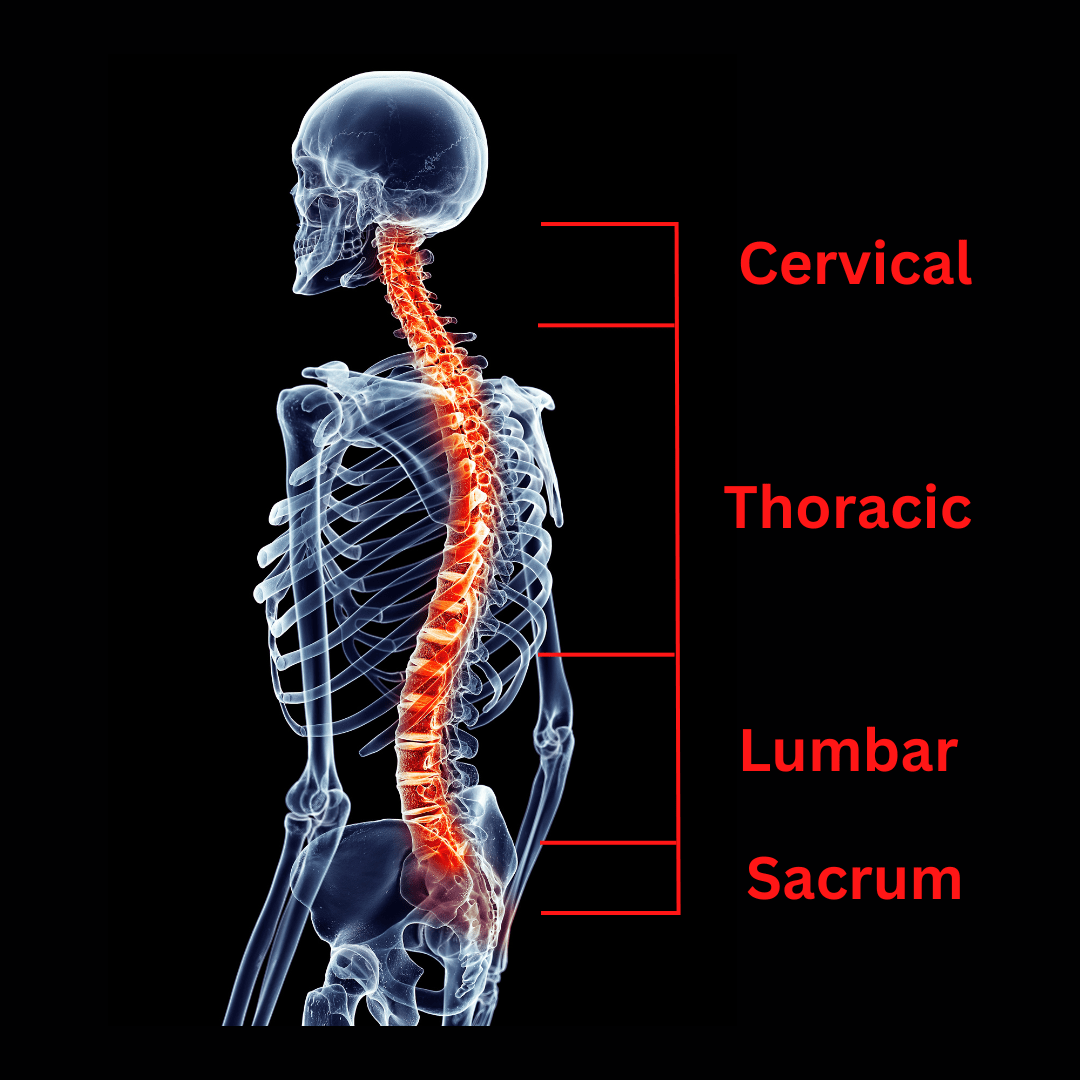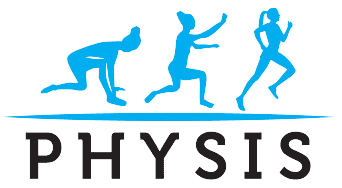If we break up the word Dorsalgia; “Dorsal” means back and “algia” means pain, so Dorsalgia means pain in the back. It is a nonspecific term referring to pain anywhere in your spine i.e., neck or cervical spine, midback or thoracic spine and/or lower back or lumbar spine. In other words, it is a name given to group of conditions which includes muscles, joints, ligaments, bones, nerves, and other structures associated with the spinal column of the body that can create moderate to severe pain.
There are six types of Dorsalgia:
1.Cervical Dorsalgia
Medically known as Cervicalgia, it involves cervical spine or neck area. Pain emerges from neck and up to the Shoulders/Midback/head. Some of the common causes can be arthritis in the cervical spine, stress, whiplash and improper ergonomics leading to postural dysfunctions..
2. Cervicothoracic Dorsalgia
As the name suggests this type of dorsalgia involves thoracic or midback and cervical spine area. Pain can start from neck or midback area and travel up to the shoulders, side of the shoulder blades and/or around the shoulders. Some of the common causes are arthritis, postural dysfunctions, improper ergonomics and incorrect lifting/exercise techniques.
3. Thoracic Dorsalgia
It’s rare type which involves thoracic spine area. It can also be a source of pain and limited motion at your midback, impacting your ability to sit without back support, sit/stand/walk for too long and exercise.
4. Thoracolumbar Dorsalgia
This involves midback and lower back area. Pain can come from thoracic and/or lumbar area. Along with pain and limiting motion it can also impact your ability to sit without support, stand, walk, bend forward, work or exercise.
5. Lumbar Dorsalgia
This involves lumbar spine area. Pain originates from low back area. This is one of the most common conditions seen as this part of the spine is frequently injured due to its use in majority of our daily activities. It can also cause referral of pain into the legs due to nerve compression.
6. Lumbosacral Dorsalgia
It involves lumbar and sacral spine area. Pain starts due to injuries in lumbar and/or sacral spine.
There are several causes of Dorsalgia
- Disc herniation or Disc degenerative disorders
- Arthritis of the spine
- Extensive labor or physical activities
- Improper lifting techniques
- Postural dysfunctions, i.e. poor posture
- Poor Ergonomic techniques
- Lack of physical activity
- Stress
- Whiplash or any other type of injury such as sports injury, car accident, fall related injuries etc.
Common symptoms of Dorsalgia can be
- Pain in the affected area of the spine
- Stiffness and tightness in the area
- Difficulty or inability to do movements of the spine such as forward or backward bending, side bending, turning or rotation of the spine
- Tingling and numbness(paresthesia)
- Radiating/referring pain to another area
- Muscle aches
- Burning
- Compensatory posture such as standing shifted or slightly bent forward or holding yourself straight and not allowing any movements at the spine
- Difficulty with functional activities such as walking, standing, sitting, bending, twisting, lifting, work activities, household activities and exercise activities
- Difficulty or changes in balance
Diagnosis of Dorsalgia
Dorsalgia is not diagnosed just based on complaints of pain. A thorough interview regarding history, onset of pain, clinical examination and analysis can determine the precise diagnosis. Your physical therapist can conduct this for you and start your rehabilitation care plan or refer you to a doctor if necessary.
Treatment
The best treatment for Dorsalgia is Physical Therapy. At Physis Physical Therapy we thoroughly evaluate the patient to reach a precise diagnosis. Our expert therapists use unique manual therapy methods such as DNS (dynamic neuromuscular stabilization), Vojta therapy, Sahrmann’s approach, Levitz Method, Klapp Crawling Method, among others to successfully alleviate symptoms and the cause of the pain resulting in long lasting effective care.
We also utilize cutting edge technologies such as shock wave therapy to boost patient recovery in shortest amount of time possible. Call us 212-706-7480 or email us to learn more about dorsalgia, discuss your problem and start your journey towards recovery.



Comments are closed